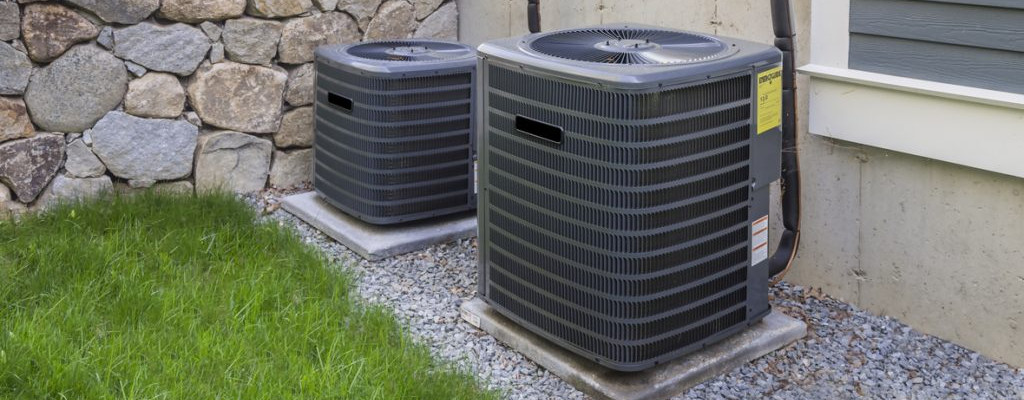It’s the second week of March, and warm weather is just around the corner! It’s time to start thinking about your home’s air conditioning system.
About 80% of homes today are equipped with air conditioners. Most, however, have AC units that are too big or too small. Homeowners often fail to realize that size definitely matters when it comes to an air conditioner.
How do you determine an air conditioner’s proper size?
Naturally, the best way to determine proper sizing for an AC unit is by consulting a professional. They typically use the Manual J method to determine the right-sized unit for your home. But, to learn how to size your air conditioner for yourself, you need to do the math.
Many factors come into play when sizing a cooling system for your home. The size of your room and home is one of the most important factors to consider. For example, let’s say the room measures 300 square feet. Multiply that by 25, and you get 6,000. This is the BTU capacity unit you’ll need.
You should also take into consideration the number of people that occupy the space, its building materials, insulation, window type, shading, the home’s orientation towards the sun, and duct condition. If more than two people will occupy the room, you should add 600 BTU per person. If the room faces the sun, increase the BTU capacity by 10%. If it is shaded, reduce it by 10%.
Is an oversized AC unit a bad idea?
Most people assume that they’d be able to save money by choosing an oversized air conditioner. The more powerful the air conditioner, the better, right? This isn’t necessarily true.
When an air conditioner is oversized, it’ll only work for a short time to meet the desired temperature. After which, the system will shut down. This means that your AC will be using less energy, which will help you save money on your energy bills. But, since your air conditioner will be starting up and shutting down many times per day, this can lead to premature wear and tear. The more often your system cycles on and off, the shorter its life will be. You may save money on your energy bills, but you may also need to replace your AC unit after a few years.
Aside from cooling the rooms in your home, an air conditioner has another job – removing moisture from the air. When your AC unit is too big, it’ll cool the room quickly and then shut down before it actually conditions the air. As a result, moisture will remain in the room. High humidity can contribute to mold problems and may also trigger asthma and allergic reactions.
Make sure your air conditioner is properly sized – call us for an expert estimate on the right AC system for your home!


Comments are closed